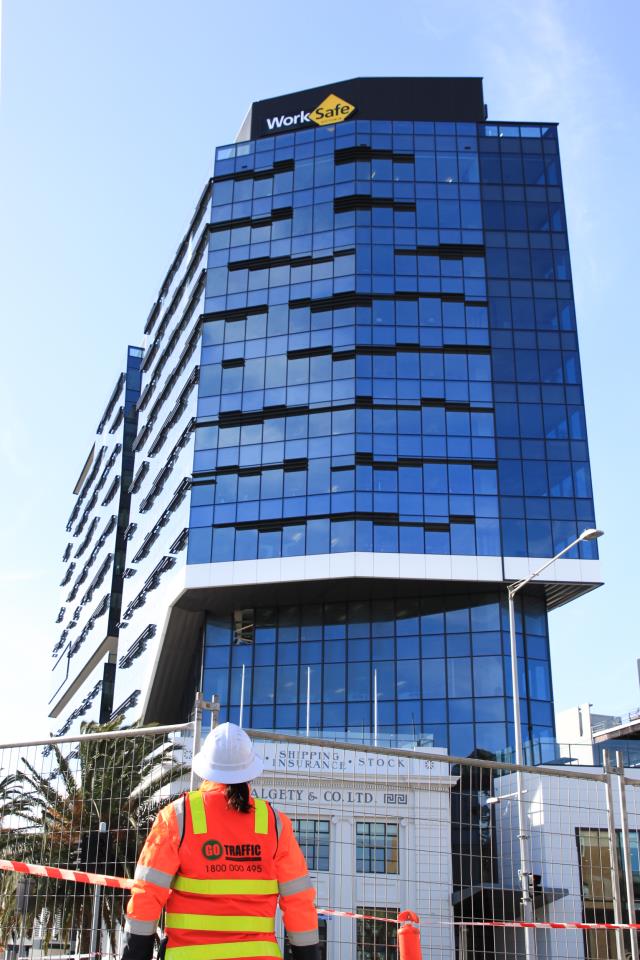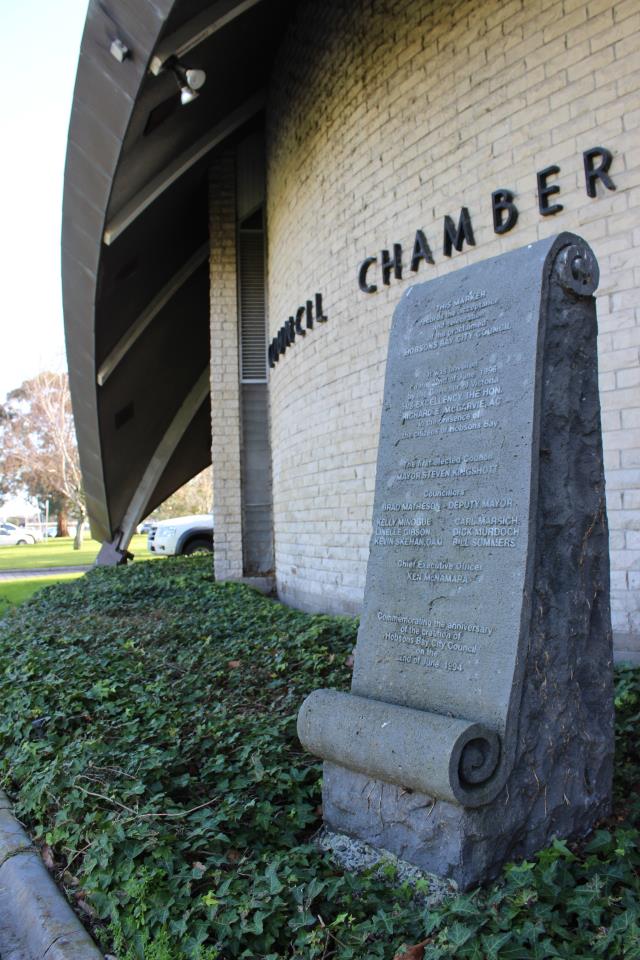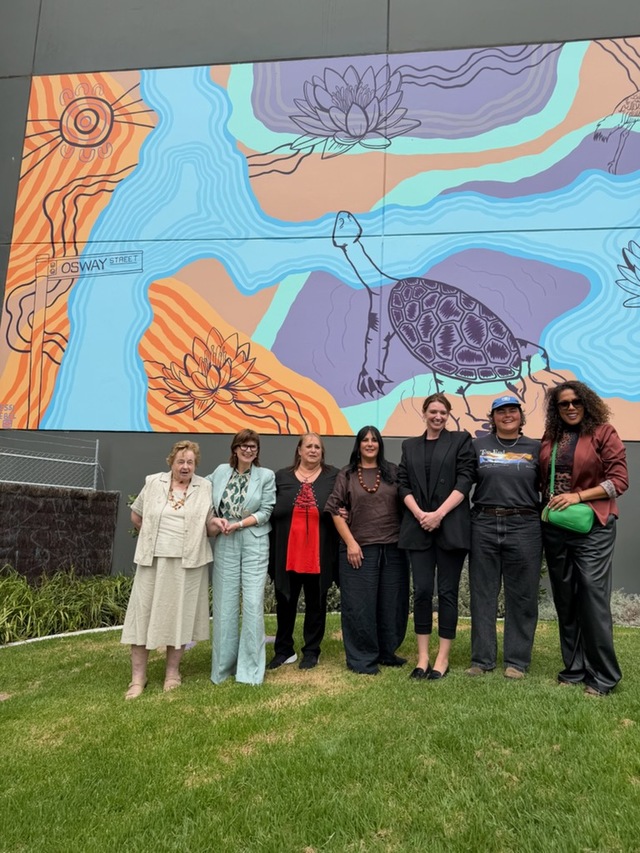The Migrant Justice Institute led by University of New South Wales (UNSW) Sydney, the University of Technology Sydney (UTS) law professors and the Human Rights Law Centre have welcomed the federal government’s commitment to introducing visa-based protections for migrant workers who address exploitation at work.
Immigration, Citizenship and Multicultural Affairs Minister Andrew Giles has committed to introducing three protections for migrant workers: protection against visa cancellation, flexible visa requirements for future sponsorship visas, and a short-term visa to bring claims for wages they are owed and hold exploitative employers to account.
The Human Rights Law Centre, Migrant Justice Institute and academics at UNSW and UTS have led a coalition of 40 organisations across the country including trade unions, migrant rights and faith-based groups to develop a blueprint for visa protections for all migrant workers.
Migrant Justice Institute and the Human Rights Law Centre also welcomed the government’s announcement of two further protections for migrant workers for which they have campaigned for many years: regulations to enable sponsored migrants to leave a dodgy employer and work to support themselves for up to six months while they find a new sponsor, and a commitment to changing the Migration Act to ensure all workers are protected by Australian workplace laws regardless of immigration status.
The coalition warned that in order to be effective, visa-based protections must be robust and reflect the realities of migrants’ lives at work. The ‘co-design’ of those protections by the Department of Home Affairs must centre around the concerns of migrant workers as well as their representatives in the union movement and allies.
Migrant Workers Centre advocate Inderjit Kaur said she had my wages stolen by two employers, “because they knew my visa could be cancelled if I stood up to them, and they took advantage of that”.
“Because I had no security with my visa, I could not take action until it was too late. I never got back any of the money that was stolen from me and my visa is now uncertain. This should not have happened to my family, and it should not happen to migrants who are coming to Australia now,” she said.
UNSW Faculty of Law and Justice co-executive director associate professor Bassina Farbenblum said the visa protections announced on Monday, June 5, could be a “game-changer for stopping the exploitation of migrant workers in Australia”.
“For the first time, migrant workers could safely address wage theft and walk away from employers who exploit them without risking their visa. Dodgy employers will no longer be able to assume that international students and other migrants will suffer in silence if they’re underpaid or abused,” she said.

















